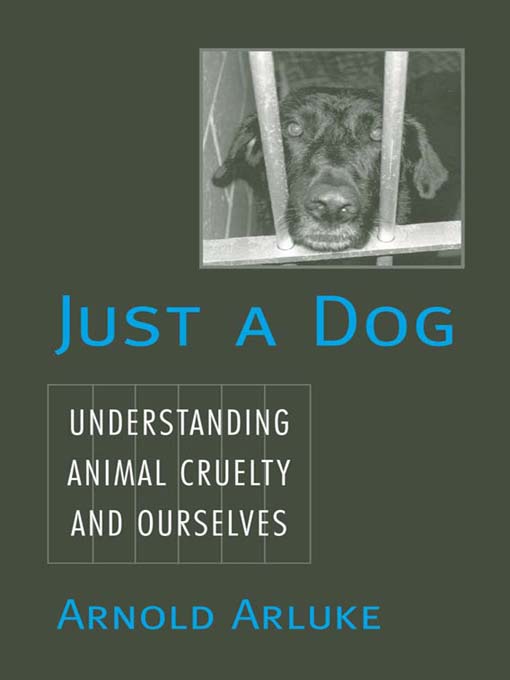Psychiatrists define cruelty to animals as a psychological problem or personality disorder. Legally, animal cruelty is described by a list of behaviors. In Just a Dog, Arnold Arluke argues that our current constructs of animal cruelty are decontextualized—imposed without regard to the experience of the groups committing the act. Yet those who engage in animal cruelty have their own understandings of their actions and of themselves as actors. In this fascinating book, Arluke probes those understandings and reveals the surprising complexities of our relationships with animals.
Just a Dog draws from interviews with more than 250 people, including humane agents who enforce cruelty laws, college students who tell stories of childhood abuse of animals, hoarders who chronically neglect the welfare of many animals, shelter workers who cope with the ethics of euthanizing animals, and public relations experts who use incidents of animal cruelty for fundraising purposes. Through these case studies, Arluke shows how the meaning of "cruelty" reflects and helps to create identities and ideologies.

